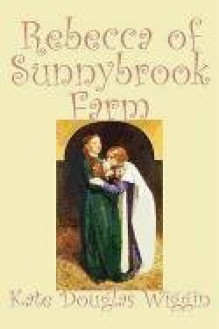
Although this shortish novel is not bad, I can understand why Hawthorne wished to suppress it as unworthy juvenilia. It's much more laboured in construction, and much more reliant on stereotypes for characters, than his mature work. The nominal hero, Fanshawe, an over-studious type destined for an early grave, gets little or no attention for much of the book, and then roars into action (as it were) in the last two chapters, and the resultant love triangle - with a healthier but somewhat more dissipated suitor - is unusual in that our poor heroine is faced with not one but two lovers who nobly recuse themselves from the contest, albeit temporarily.
That said, Hawthorne's ability to tell a good story is already evident. His descriptions of the natural New England forest and the habitations therein in the late 18th century are already well-developed. It's already apparent, I note with amusement, that he is downright reluctant to write an outright villain; even in this early work, everybody has a backstory that gives some reason for their falling away from righteousness.
Nature and the landscape inform and drive parts of this story: the climax takes place at a secluded cave at the foot of a precipice, over which flows a waterfall. Hawthorne paints this scene very clearly for us, so that we understand the mechanics of the conclusion of his plot. I did not, however, detect very much of the other half of the beauty-and-terror Gothic equation, namely the terrifying, though there's a thunderstorm for Ellen's ill-advised departure with a strange man. Ellen herself is completely without character, other than conventional virtues and a certain lack of trust in her guardians.
Although the novel is described as being based upon Hawthorne's time as a student at Bowdoin College, there's little of that evident except in the opening scene-setting (quite comic in its description of the different kinds of students), and possibly in the description of the studious and henpecked president of that college (Ellen's guardian) who may have some attributes of a real person. I should add that Hawthorne's habit of writing in bits of local colour "as they are now" - i.e., in his time, not in his historical setting - is a bit obtrusive in this novel, particularly at the end of the penultimate chapter, where we are yanked out of the flow of the narrative to visit the grave of the villain, all illegible and overgrown.
Still, it would have been a shame if Hawthorne had in fact succeeded in completely destroying all copies of this early effort. Almost two centuries later (it was published in 1828), it passed a tedious day in a happy fashion for this reader.

 Log in with Facebook
Log in with Facebook 









